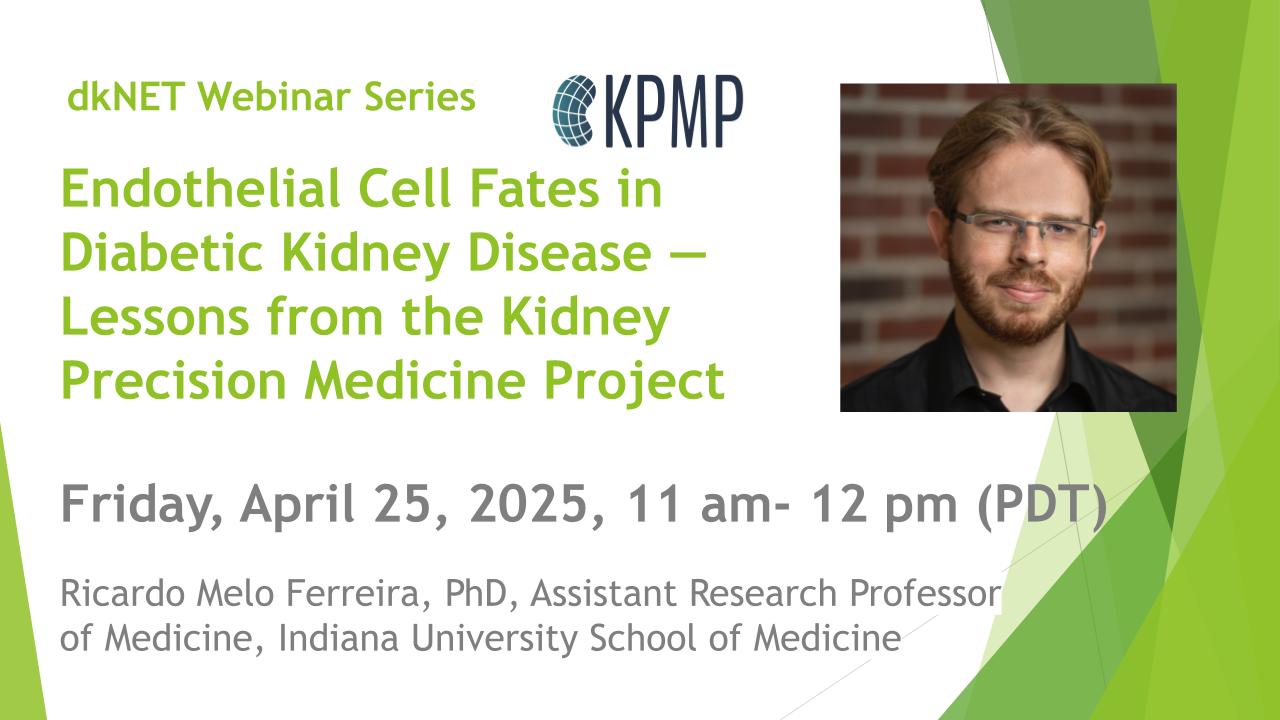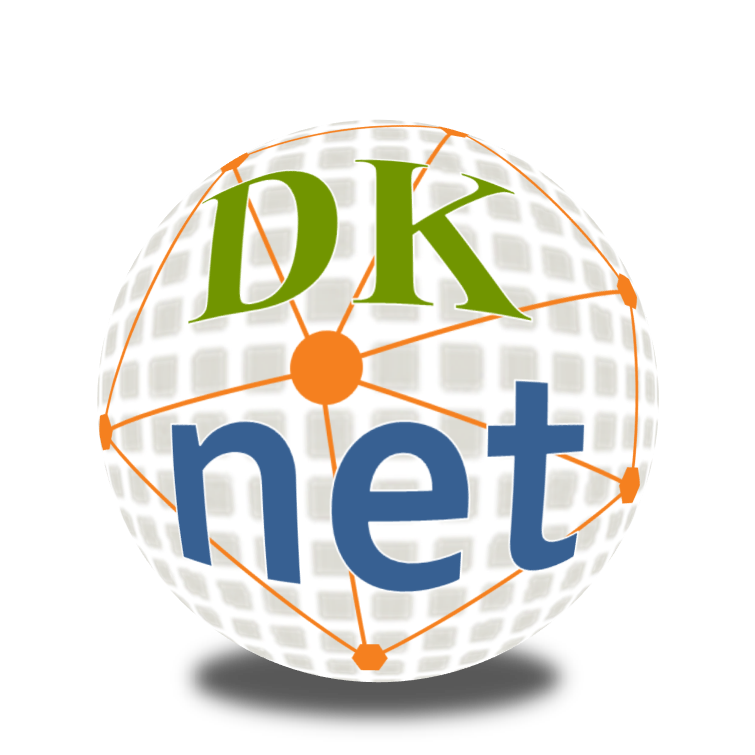Leaving Community
Are you sure you want to leave this community? Leaving the community will revoke any permissions you have been granted in this community.
[Recorded Webinar and Slides Are Available Now!] Join dkNET Webinar "YCharOS: Antibody Characterization Through Open Science"
*Watch recorded webinar here: https://youtu.be/6KYfChyl4Hs
*Webinar slides: https://www.slideshare.net/dkNET/dknet-webinar-ycharos-10222021
Join dkNET Webinar on Friday, Oct 22, 2021, 11 am - 12 pm PDT
Abstract
Many (most!) genes/proteins linked to disease phenotypes remain severely understudied [1]. Distinct open-science initiatives are needed to promote the exploration of currently understudied proteins, from the proper identification of research reagents [2], to the development of a chemical probes for every human protein [1]. We focus on the proper characterization of antibodies to guide researchers in selecting the most specific/selective antibodies for their needed application(s) [3].
Antibodies are among the most commonly used reagents in cell biology. Generally, scientists purchase antibodies from commercial suppliers, and rely on the vendor’s quality control data to make their purchasing decisions. While there are many outstanding commercially-available antibodies, many other antibodies do not perform as advertised - and in the absence of an objective means to compare performance, it is impossible to tell one from the other. This is a widely known problem that plagues tens of thousands of scientists annually [4-6].
There is a scientific solution, enabled by CRISPR/Cas9 technology. By comparing signals from wild-type and isogenic knockout cells, one can readily test the specificity of antibodies. We applied this approach in a pilot study demonstrating that only three of the 16 commercially-available antibodies for C9ORF72, the protein product of a major amyotrophic lateral sclerosis disease locus, specifically recognized the protein. Distressingly, neither antibody had been used in a publication, and the antibody used most frequently in publications, which have been cited thousands of times, did not recognize the protein in any application [7].
We are now applying our antibody characterization pipeline to generate head-to-head comparisons of commercial antibodies for all human proteins. This work is performed in partnership with high-quality manufacturers that provide in-kind reagents (i.e. antibodies and knock-out lines). Finalized antibody characterization reports are progressively uploaded on a free open-science repository (https://zenodo.org/communities/ycharos/). We believe our initiative, Antibody Characterization through Open Science (YCharOS), will contribute to make science more reproducible and help illuminate the dark genome.
The top 3 key questions that YCharOS can answer:
- Do antibodies used in my field perform as advertised?
- How do I identify the best performing antibody for my protein of interest?
- Do I need to launch an expensive and time-consuming antibody generation study or do effective commercial antibodies already exist for my protein of interest?
1. Carter, A.J., et al., Target 2035: probing the human proteome. Drug Discov Today, 2019. 24(11): p. 2111-2115 DOI: 10.1016/j.drudis.2019.06.020.
2. Bandrowski, A.E. and M.E. Martone, RRIDs: A Simple Step toward Improving Reproducibility through Rigor and Transparency of Experimental Methods. Neuron, 2016. 90(3): p. 434-6 DOI: 10.1016/j.neuron.2016.04.030.
3. Laflamme, C., et al., Opinion: Independent third-party entities as a model for validation of commercial antibodies. N Biotechnol, 2021. 65: p. 1-8 DOI: 10.1016/j.nbt.2021.07.001.
4. Goodman, S.L., The antibody horror show: an introductory guide for the perplexed. N Biotechnol, 2018. 45: p. 9-13 DOI: 10.1016/j.nbt.2018.01.006.
5. Goodman, S.L., The path to VICTORy - a beginner's guide to success using commercial research antibodies. J Cell Sci, 2018. 131(10) DOI: 10.1242/jcs.216416.
6. Voskuil, J.L.A., et al., The Antibody Society's antibody validation webinar series. MAbs, 2020. 12(1): p. 1794421 DOI: 10.1080/19420862.2020.1794421.
7. Laflamme, C., et al., Implementation of an antibody characterization procedure and application to the major ALS/FTD disease gene C9ORF72. Elife, 2019. 8 DOI: 10.7554/eLife.48363.
Presenter: Carl Laflamme, PhD, Senior Postdoctoral Fellow at the Montreal Neurological Institute (The Neuro, McGill University) in the laboratory of Peter McPherson, distinguished James McGill professor.
Dial-in Information:
Date/Time: Friday, October 22, 2021, 11 am - 12 pm PDT
https://uchealth.zoom.us/meeting/register/tZIudOugpjwjHdaABvV9mtxvzkJau9rHoOrE
Upcoming webinars schedule: https://dknet.org/about/webinar





